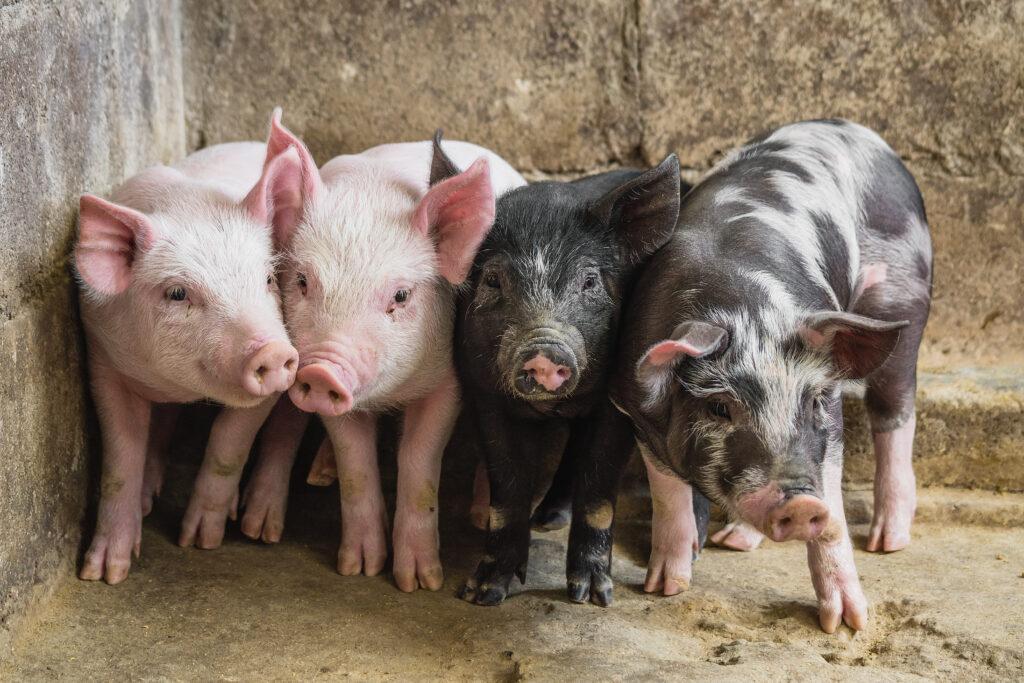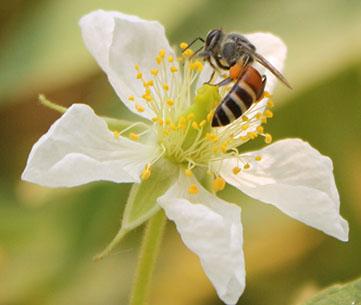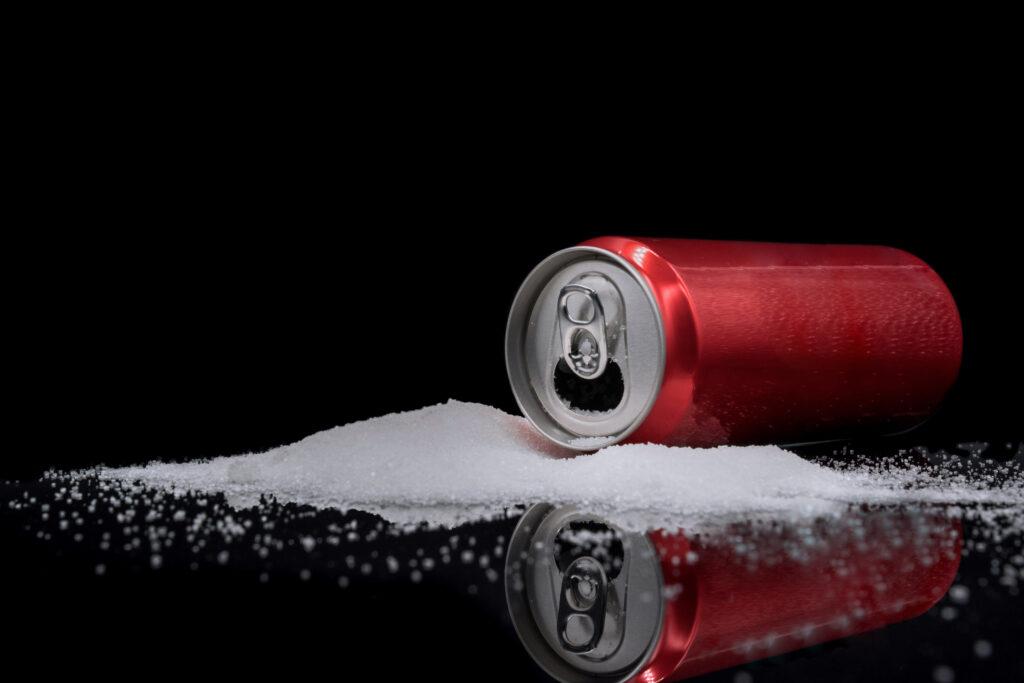Presence of ochratoxin A residues in blood serum of slaughtered pigs

A new study focused on evaluating the presence of ochratoxin A (OTA) residues in the blood serum of slaughtered pigs in Greece.
Decline in biodiversity due to fungal diseases of amphibians and reptiles

Biodiversity is under severe threat from multiple factors, with emerging infectious diseases significantly impacting populations. Among these, fungal pathogens play a critical role in the decline of amphibian and reptile species globally.
Application of drones in animal husbandry and animal health: Systematic literature review

Megjelent kollégáink új publikációja “A drónok alkalmazása az állattartás és az állategészségügy területén: Szisztematikus szakirodalmi áttekintés” címmel a Magyar Állatorvosok Lapjában.
Chronic wasting disease and potential animal-human transmission

Chronic wasting disease (CWD) is a fatal prion disease affecting cervids, including deer, elk, moose, and reindeer. Caused by misfolded prion proteins, it leads to neurodegeneration.
Silent threat to public health - colistin resistance
There is an emerging food safety threat related to antimicrobial resistance (AMR), particularly colistin resistance in multidrug-resistant strains.
Red dwarf honeybee: a new invasive bee species in Europe

The emergence of the red dwarf bee in Europe may raise concerns about the introduction of new parasites and viruses and the potential economic consequences.
The vegan label is no guarantee for people with food allergies
A vegán életmód és étrend az elmúlt években jelentős népszerűségre tett szert, azonban a „vegán” címkézés és annak követelményei továbbra is ellentmondásosak és hiányosan szabályozottak. A vegán termékekkel kapcsolatban gyakori probléma, hogy azt feltételezik róluk, hogy a “vegán” címke egyben allergén mentességet is jelent.
Main findings of the European Union One Health 2023 Zoonoses report
In 2023, listeriosis cases reached their highest level since 2007, while campylobacteriosis and salmonellosis remained the most frequently reported zoonotic diseases in the EU. Overall, reported cases of zoonotic diseases in humans increased, but foodborne outbreaks saw a slight decline.
Publications on biosecurity
Two new scientific articles have been published with the collaboration of our colleagues on biosecurity in poultry and turkey flocks.
Sugar and sugar-sweetened beverages in relation to premature aging in adult survivors of childhood cancer

A recently published study examined whether sugar and sugar-sweetened beverage consumption was associated with premature aging in 3,322 childhood cancer survivors in the St. Jude Lifetime Cohort.
